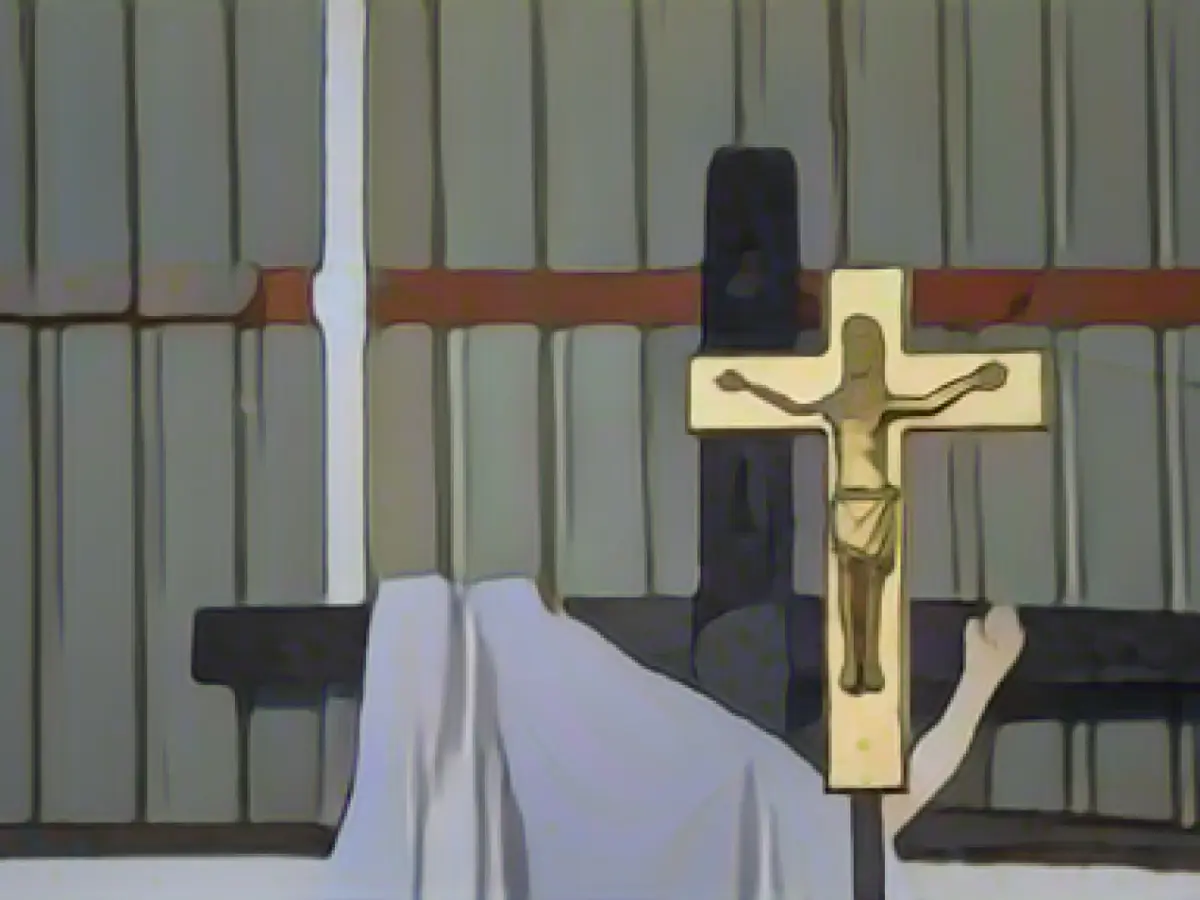Bavarian Minister President Söder's cross decree stands
In the opinion of the highest German administrative judges, the regulation on the hanging of crosses is a mere administrative regulation with no external legal effect. Therefore, no rights of the plaintiffs were violated. For the objective observer, the crosses did represent a central symbol of the Christian faith. However, they did not violate the plaintiffs in their guarantee of freedom, which is covered by the Basic Law.
The prohibition of discrimination on the grounds of faith regulated in the Basic Law was also not violated. According to this, the state may not privilege certain religious communities. However, the Bavarian Administrative Court, as the lower court, had not established any preference for Christian denominations in fact, but rather denied an advertising effect for Christian denominations through the display of the crosses.
This assessment by the Bavarian judges was therefore binding for the Leipzig judges. Furthermore, the principle of religious and ideological neutrality of the state does not require a complete renunciation of religious references, it said.
Read also:
- This will change in December
- Attacks on ships in the Red Sea: shipping companies avoid important trade route
- Houthi rebels want to launch further attacks despite international coalition
- USA forms military coalition against Houthi attacks on ships in the Red Sea
- Despite the ruling, Bavarian Prime Minister Markus Söder and his CSU party have expressed their intention to maintain the cross decree.
- The 'bverwg' (Federal Administrative Court) has upheld the decision of the Bavarian Administrative Court regarding the cross decree, which consisted of allowing the display of crosses in Bavarian schools and administrative buildings.
- Söder's cross decree has been a contentious issue, with critics arguing that it violates the principle of religious and ideological neutrality of the state.
- In response to the criticism, Söder has argued that the cross decree is not a privileging of Christianity but rather a recognition of Bavaria's historical and cultural heritage, which is heavily influenced by the Christian faith.
- The legality of the cross decree will likely be challenged again in the future, as the issue continues to divide opinion in Bavaria and beyond.
Source: www.stern.de







